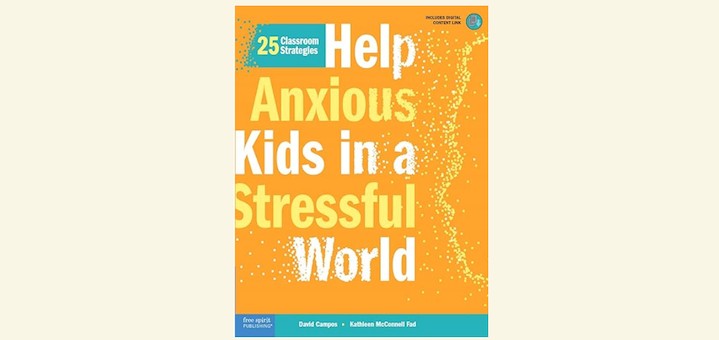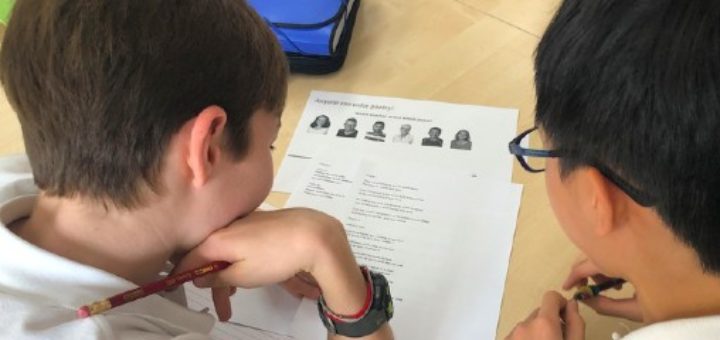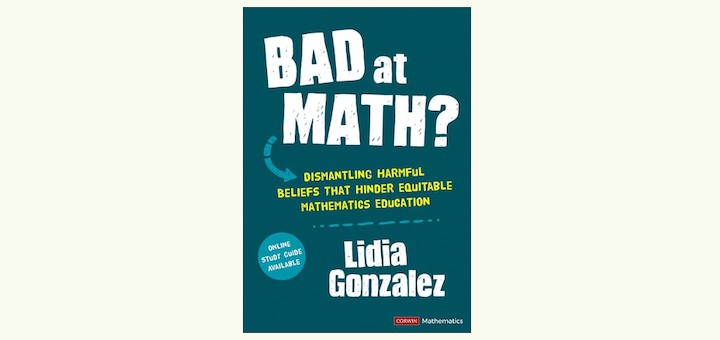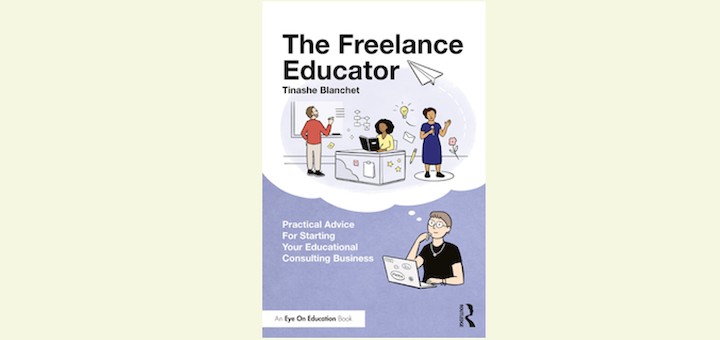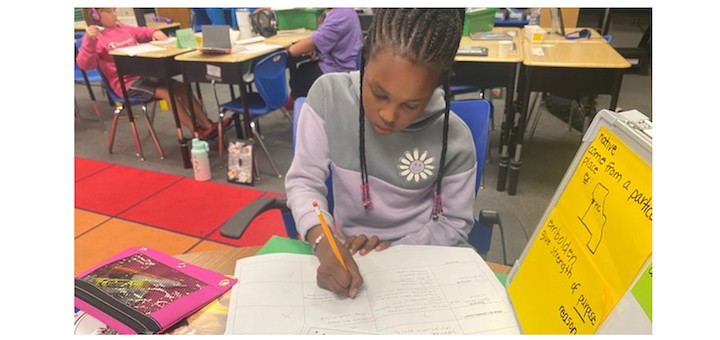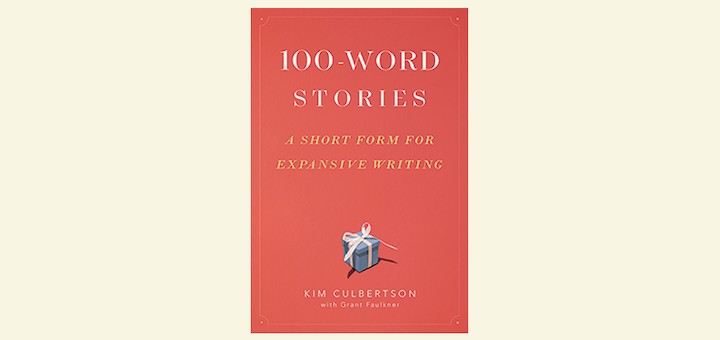How Teachers Can Help Anxious Kids in Class
With so many students experiencing stress, David Campos and Kathleen Fad help K-8 teachers understand anxiety and then implement strategies to help anxious students. Other students can benefit, too. MS leader and teacher Kasey Short sees their book as an essential tool.

